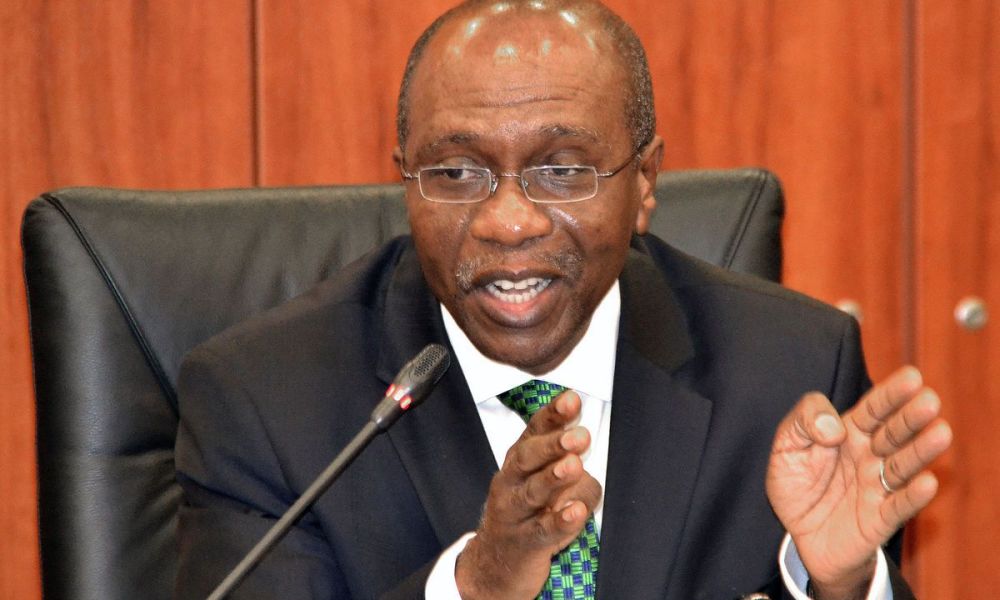The Central Bank of Nigeria (CBN), on Friday, decried ongoing attempts by some stakeholders to politicize its plan to add milk to the list of items whose importers are barred from accessing its official foreign exchange window.
In a statement by Isaac Okorafor, the CBN’s spokesman, the proposed policy announced by Godwin Emefiele, governor of the apex bank at the end of its Monetary Policy Committee (MPC) meeting on Tuesday, July 23, 2019, is “aimed at promoting the local production of milk in Nigeria.”
He described the ongoing campaign and attempt to politicize the plan and in the process mislead people while misrepresenting “the ordinarily unassailable case for investments in local milk production and the medium to long-term benefits of the planned policy.”
Emefiele had while briefing newsmen predicated the plan to lock importers of milk out of the official forex window on the belief “that milk is one of those products that can be produced in Nigeria today.
“Today the import of milk annually stands at (between) $1.2bn to $1.5bn. That is a very high import product into the country,” he stressed.
Okorafor, therefore, warned that the ongoing attempt to blackmail and unduly politicize the plan through the use of social media attacks can only strengthen the CBN’s resolve to wean Nigeria from the clutches of powerful and highly influential traders and dealers who have kept its people hostage to foreign consumption.
He noted that it is not unusual for some policies to hurt certain business interests, expressing happiness that it has the buy-in of Nigerians, assuring that the apex bank would remain focused on the overarching and ultimate welfare of the Nigerian masses.
He said CBN remains a people-centric apolitical organization that does not will to be dragged into politics, stressing that the focus, as usual, remains saving scarce foreign exchange, job creation and investments in the local production of milk.
It does not make sense for the country to have imported milk for over 60 years, given its national food security implications, at a time “when it is technically and commercially possible to breed the cows that produce milk in Nigeria.
“About three years ago, we began a policy to encourage backward integration to conserve foreign exchange and create jobs for our people. Included in this policy package was the introduction of the highly successful policy which restricted the sale of forex from the Nigerian foreign exchange market for the importation of some 43 items goods that could be produced in Nigeria.
“Arising from the success of the restriction policy, we approached some milk importers, like we did for rice, tomato, and starch and asked them to take advantage of CBN’s low-interest loans to begin local milk production instead of relying endlessly on milk imports.”
The CBN further lamented that although there have been some successful attempts at producing milk locally, the vast majority of the importers still treat this national aspiration with imperial contempt.
Okorafor reiterated that the CBN has no power to ban milk importation, except that it is restricting the sale of forex for the importation of milk from the Nigerian foreign exchange market.
He expressed readiness by the apex bank to provide finance to investors who genuinely desire to engage in milk production.
The CBN spokesman urged Nigerians to enlist in the vanguard of taking Nigeria’s economy back from vested interests, and in the process make the “country a productive economy and create jobs for our teeming youths.”
Trending Today
Menu








